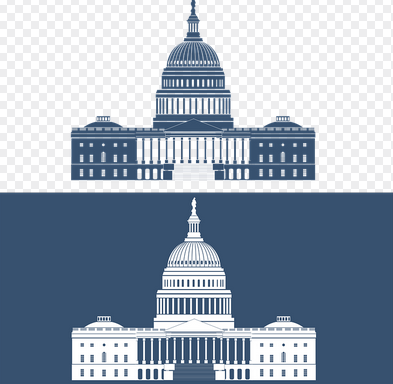President Donald Trump said again that the Fed needs to lower rates, as he believes the current policy is too tight. Trump alluded to this thinking throughout the piece, indirectly referencing much of the current debate about US monetary policy.
Trump on Just Who Should Run the Federal Reserve
Trump has said that if the Federal Reserve were perhaps led by someone else, its approach would keep rates lower. That repeated remark underscores Trump’s ongoing obsession with the Federal Reserve, its decisions, and the direction of the economy.
The White House, per economic adviser Kevin Hassett, is looking at how far the law allows the Fed Chair to go. That assessment comes as Trump is sounding the alarm. Note, however, that the term for Federal Reserve chair Jerome Powell runs through 2026. However, the Trump administration is weighing some options. Well, that led to plenty of talk about the Fed’s independence. Trump’s comments have certainly sparked plenty of discussion around the fed’s independence.
How the Fed Should Break Its Policy (Again) with Trump
Jerome Powell, the Federal Reserve Chair, himself, previously commented on the impact of events affecting inflation and, by extension, the object of the Fed, such as its tariff policy. These comments add to the Fed’s willingness to become data-dependent and flexible.
The Federal Open Market Committee (FOMC), which sets monetary policy, kept the target range for the federal funds rate unchanged. Those on Wall Street who believe the Fed will take and maintain this position for the near term have their instruments through which they express this opinion, which is a departure from what Trump has been saying.
Views About Fed Independence (and Trump)
The Federal Reserve’s independence has generated a variety of perspectives. Senator Elizabeth Warren has warned that a central bank that is no longer independent could create chaos in the markets. That is very different from what Trump has argued. Trump has made no secret about his views on this.
Economic analysis and data are fundamental to the discussions of monetary policy. Recent readings on the economy offer guidance on growth and policy paths. These are part of what Trump’s economic team is watching.
Market Reaction and Broader Economic Context with Trump
International economic developments can impact domestic monetary policy in an economy like the U.S. that operates within a global context with
Trump. The global economy matters to decision-makers and Trump.
Economics news and policy announcements are often priced into financial markets, and changes in investor sentiment can also cause market fluctuations. These latter market reactions, people suspect, are not lost on Trump and his advisors.
Other Key Insights
Monetary policy debates usually have a long-run flavor. The mission is sustainable growth and full employment with price stability after Trump. Effective communication is necessary to manage expectations and improve the effectiveness of policy with Federal Reserve. The markets are only reacting to public statements made by Trump.
Monitoring and assessment of economic developments have been essential for meaningful conversations on monetary policy. Trump is still outspoken about his opinions with Federal Reserve. Everything Trump and his administration are doing is under scrutiny. The fed’s actions and comments from Trump will still be closely followed.
President Trump has regularly voiced dissatisfaction with how the Federal Reserve is steering interest rates, insisting that reducing rates could spark more economic development. He has questioned Jerome Powell’s role as head of the central bank, proposing that another leader may choose to take a more lenient approach to monetary policy. This persistent lobbying has amplified worries about the Fed’s autonomy, a standard long seen as fundamental for maintaining predictable markets and avoiding political meddling. Although Trump has persistently pressed, members of the Federal Open Market Committee have opted to hold rates fixed, underscoring their pledge to information-led conclusions instead of political sway.






